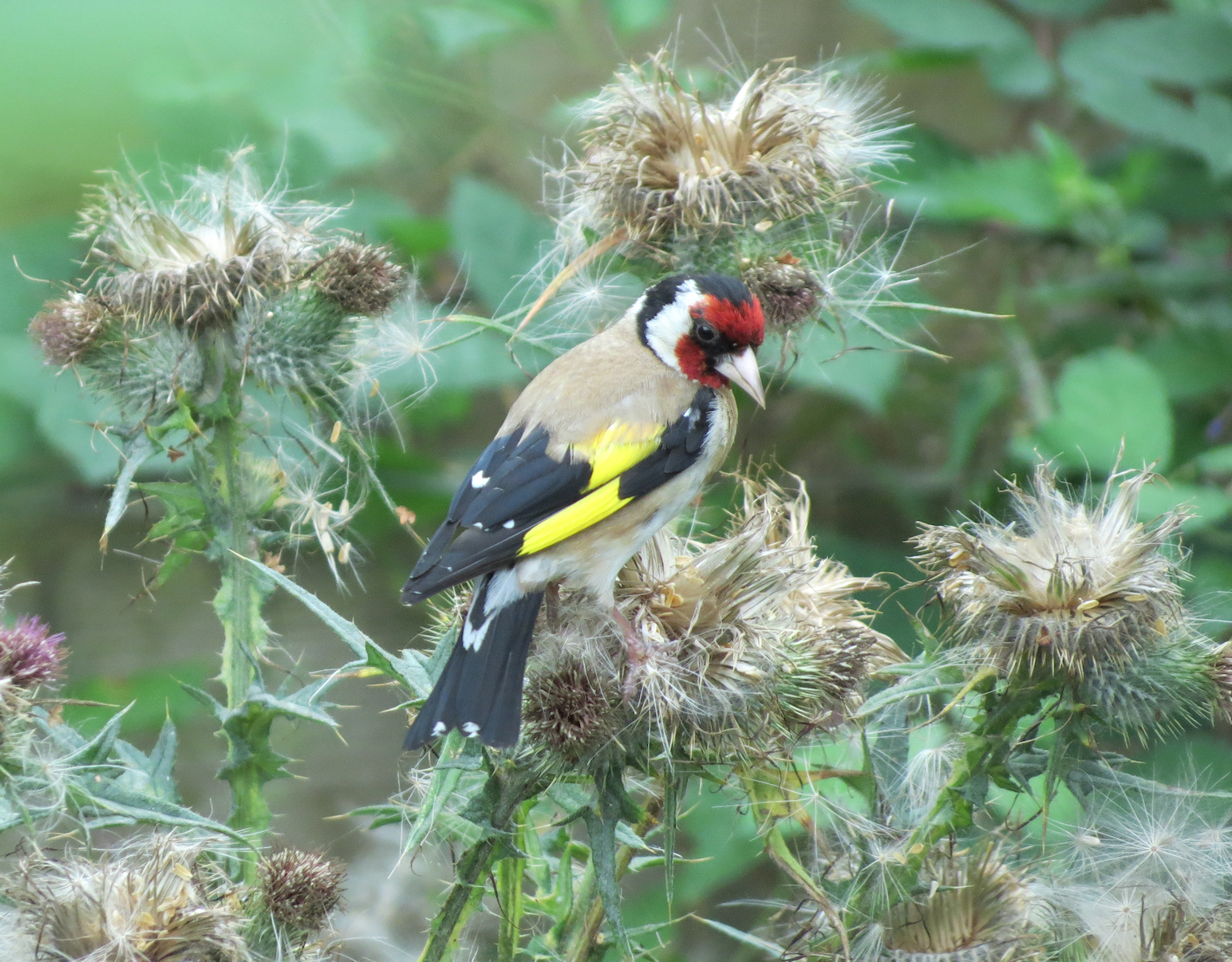A research team has found that a major part of Hull’s Noddle Hill Nature Reserve has rewilded itself without intervention.
It comes after the completion of a study by the UK Centre for Ecology and Hydrology into passive rewilding.
Passive rewilding is an approach to rewilding that allows nature to restore itself. It requires no human management and allows nature to go its own way.
The researchers found the site to be a ‘hotspot’ for biodiversity and has developed into a rich mosaic of habitats. It echoes back to how it would have been in the Middle Ages, before the introduction of drainage.
In particular, it’s a hotspot for songbirds, such as warblers and finches, including species that are rapidly declining elsewhere, like the Willow Warbler and Linnet.
The reserve is now being used as a case study for rewilding, led by the UK Centre for Ecology and Hydrology.
The lead researcher Dr Richard Broughton grew up on North Bransholme in the 1980s and 90s, attended the University of Hull and was recording wildlife on the site during that time, before it was a reserve. He has also been monitoring it since then.
[ngg src=”galleries” ids=”54″ display=”slideshow”]Dr Richard Broughton said: “Right now, there is a great interest in sites such as Noddle Hill for nature restoration, rewilding and increasing woodland habitats. Conservation organisations and government departments are very keen to see case studies to help shape policy. Noddle Hill is decades ahead of many other rewilding projects. Noddle Hill’s time has come in this respect, as a large part of the reserve has been left to rewild itself, and local people have been monitoring it and recording the wildlife, meaning that it’s a rare example of a well-documented case study of how other sites might develop.”
Councillor Julia Conner, Portfolio Holder for Environment at Hull City Council said: “The passive rewilding of the Noddle Hill Nature Reserve has been a grassroots initiative involving local people from Bransholme in tandem with the council. It’s become an important resource for the community, but also has wider meaning in helping to show how nature can be restored.”
